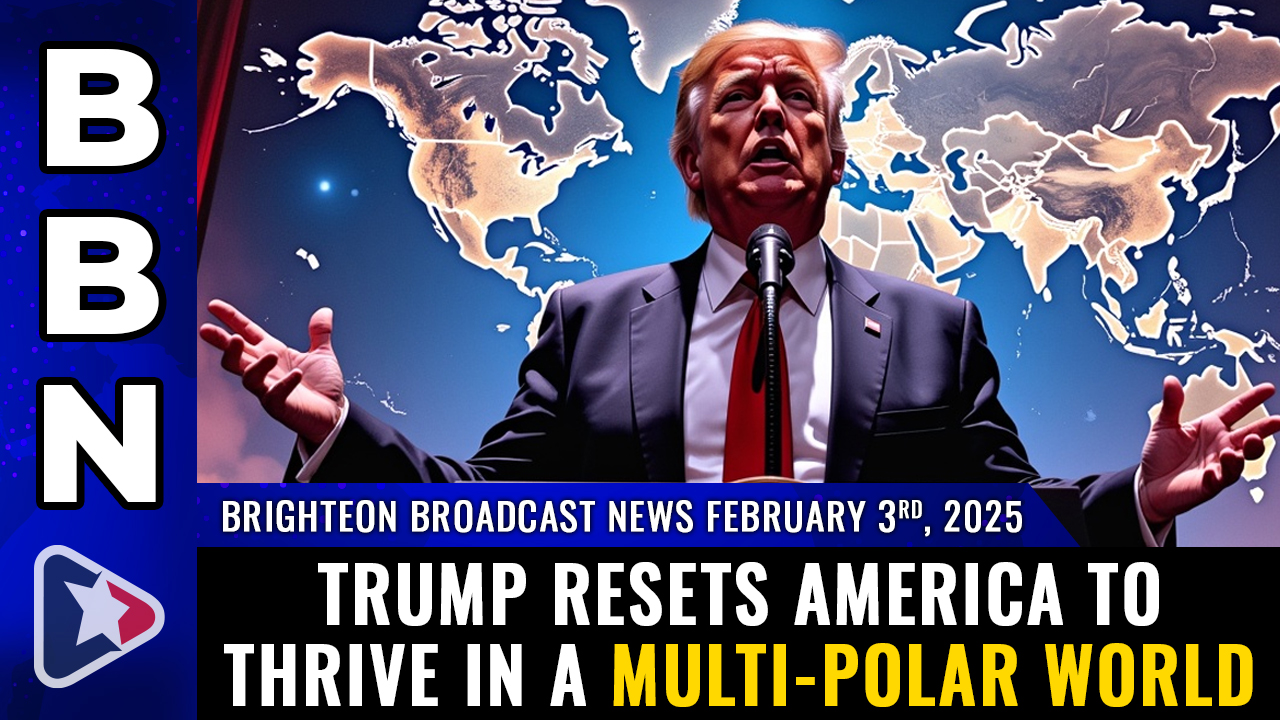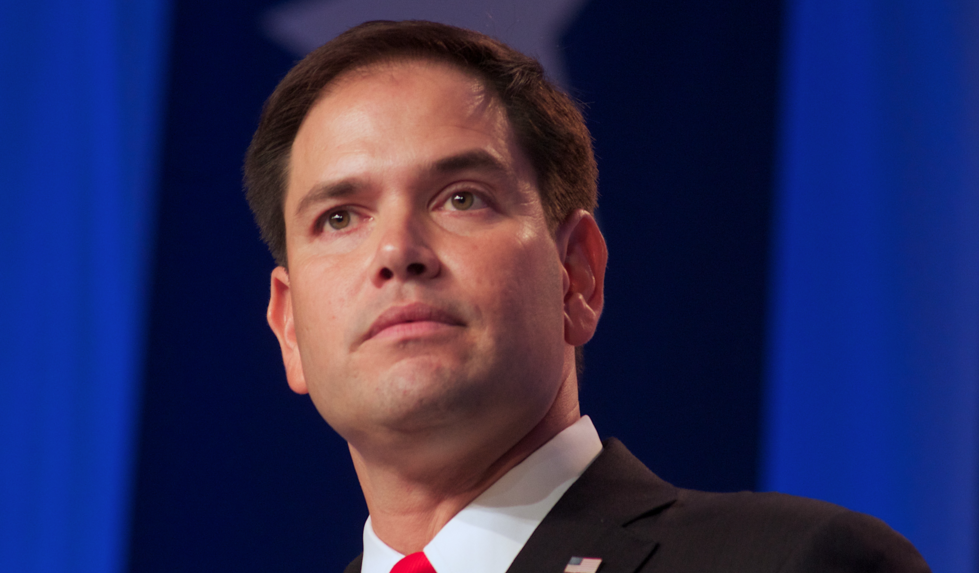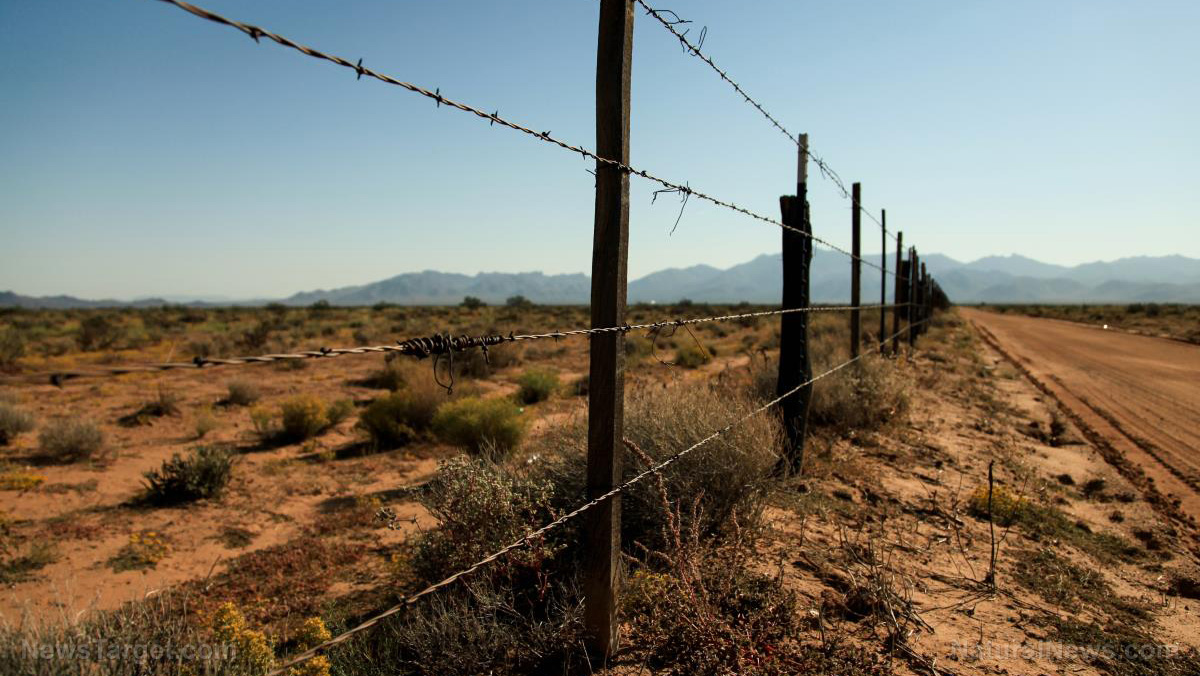 Parler
Parler Gab
Gab
- The Trump administration announced the shutdown of USAID, suspected of covert CIA activities, marking a significant shift in U.S. foreign policy toward a multipolar world.
- Secretary Rubio emphasizes a U.S. foreign policy focused on national interests, reflecting a return to the principle that all nations act in their own best interests.
- The USAID closure is part of a strategy to reshape America’s role in a multipolar world, acknowledging the end of unipolar dominance and repositioning as a strong competitor.
- Strategic actions include renewing calls for Canada to join the U.S., acquiring Greenland, and reinforcing American influence in Panama, all aimed at enhancing national security.
- The new era of diplomacy focuses on forming alliances based on mutual benefit, with a shift in approach toward Russia and efforts to negotiate peace in conflicts like Ukraine.
A shift in foreign policy
Secretary of State Marco Rubio emphasized the administration's new approach during a recent interview with Megan Kelly. "The mission of American foreign policy is to further the national interests of the United States of America," Rubio stated. He acknowledged that the world has always operated on the principle of nations pursuing their own interests, a concept that has been lost in recent years. "The way the world has always worked is that the Chinese will do what's in the best interest of China, the Russians will do what's in the best interest of Russia, and the United States needs to do what's in the best interest of the United States."The end of unipolar dominance
The decision to shut down USAID is part of a broader strategy to reshape America's role in a multipolar world. According to Rubio, "It's not normal for the world to simply have a unipolar power, which is the United States. That was an anomaly, a product of the end of the Cold War." The Trump administration is reconfiguring the world's geography, economics, and military to position America as a strong competitor in a multipolar world where China, Russia, and other nations assert their own interests.Strategic realignment
This realignment is evident in several key actions taken by the Trump administration. The President has renewed calls for Canada to join the United States as the 51st state and is serious about acquiring Greenland, a strategic territory with significant natural resources and a crucial location for defense against Russia. Additionally, the administration is reinforcing American influence in Panama by encouraging the country to shift construction projects from Chinese to American companies. The strategic importance of these moves cannot be overstated. Greenland, with its proximity to the North Pole, is key for early warning systems and interception of incoming missiles. Panama, with its control over the Panama Canal, is vital for maintaining American influence over critical trade routes. These actions are part of a broader plan to build an "Iron Dome" for America, an advanced defense system to protect the homeland against various threats, including hypersonic missiles and next-generation aerial attacks.A new era of diplomacy
The Trump administration's approach to diplomacy is also changing. Instead of coercing other nations, the focus is on forming alliances based on mutual benefit. This shift is evident in the administration's dealings with Panama and its efforts to negotiate a peaceful end to the conflict in Ukraine. Secretary Rubio's recognition that Russia has the right to pursue its own interests is a stark departure from the previous administrations' policies, which often viewed Russia as an adversary without legitimate interests. The shutdown of USAID and the broader strategic realignment by the Trump administration represent a significant departure from the past. By focusing on national interests and forming alliances based on mutual benefit, the United States is positioning itself to compete effectively in a multipolar world. The coming years will be crucial in determining how successfully this new approach will be implemented and how the international community will respond to these changes. One thing is clear: the era of unipolar dominance is over, and a new chapter in global politics has begun. Watch this Feb. 3 episode of "Brighteon Broadcast News" as Mike Adams, the Health Ranger, talks about how Trump resets America to thrive in a multi-polar world. This video is from the Health Ranger Report channel on Brighteon.com.More related stories:
America Last: Biden administration prioritizes FOREIGN AID over domestic disaster relief U.S. foreign aid freeze: Trump administration halts billions in assistance The United States is close to reaching its EXPIRATION DATE and will COLLAPSE unless its decline is immediately rectified Sources include: Brighteon.com BBC.comTrump’s hardline stance pays off: Panama backs away from China’s Belt and Road deal
By Cassie B. // Share
Far-left journo admits ‘no country’ can deal with ‘an influx of millions’ of migrants
By News Editors // Share
Is the EU finally reconsidering its energy war with Russia?
By Willow Tohi // Share
Trump administration shuts down USAID, ending decades of covert operations
By finnheartley // Share
Far-left journo admits 'no country' can deal with 'an influx of millions' of migrants
By newseditors // Share
RFK Jr.’s confirmation hearings expose senators' ties to Big Pharma
By isabelle // Share








